Long-term preparedness isn’t just about stockpiling supplies—it’s a mindset, a lifestyle, and a strategy. It’s about being ready for the unknown while creating a sense of safety and sustainability for yourself and your loved ones. I’ve learned over the years that prepping isn’t a one-size-fits-all journey. Each of us has unique needs, resources, and goals, but there are some key principles that can guide us all. Whether you’re just starting out or fine-tuning your plans, these tips will help you stay on track for the long haul. Let’s explore these ideas to build your confidence and resilience.
Start Small and Build Gradually

You don’t need to prep for a year overnight. Start by building a three-day supply of essentials, then expand to a week, a month, and beyond. This approach prevents overwhelm and helps you stay within your budget. Every item you add strengthens your foundation.
Focus on Water First
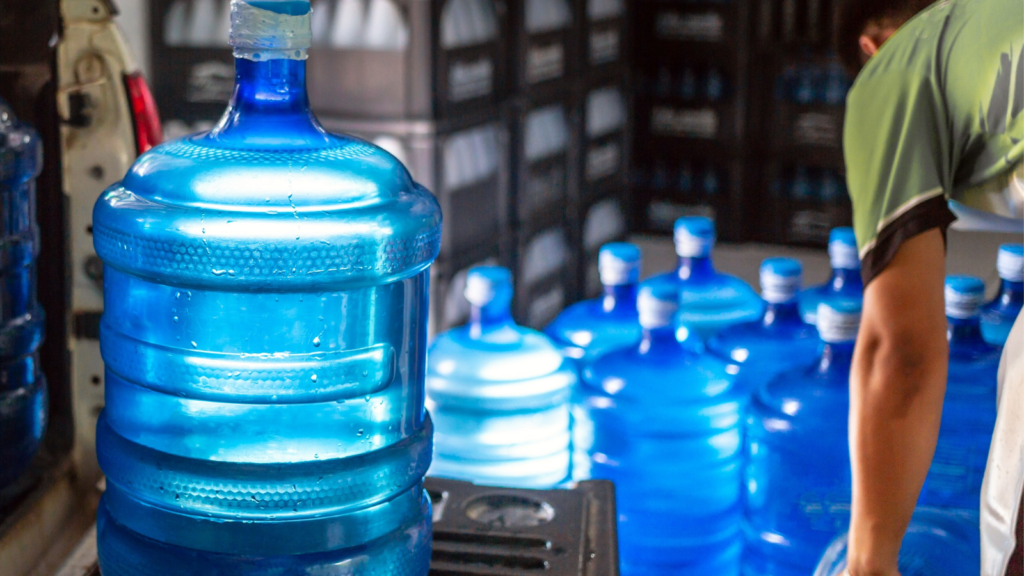
Water is your most critical resource. Store at least one gallon per person per day for drinking, cooking, and hygiene. Learn to purify water with filters, tablets, or boiling, and identify nearby sources in case your supply runs low.
Store Foods You Actually Eat

It’s tempting to stock up on whatever is cheapest, but your family’s diet and preferences matter. Focus on long-lasting foods like rice, beans, canned goods, and freeze-dried meals that match your tastes. This ensures you’ll actually use your stockpile.
Rotate Your Supplies Regularly

To prevent waste, use the “first in, first out” method for your supplies. Check expiration dates, and incorporate items into your daily routine before they expire. Regular rotation keeps your stockpile fresh and functional.
Diversify Food Storage Methods

Don’t rely solely on canned goods or freeze-dried meals. Include dehydrated foods, vacuum-sealed items, and even home-preserved options like pickles and jams. This variety improves your nutritional balance and meal options.
Learn Basic First Aid Skills
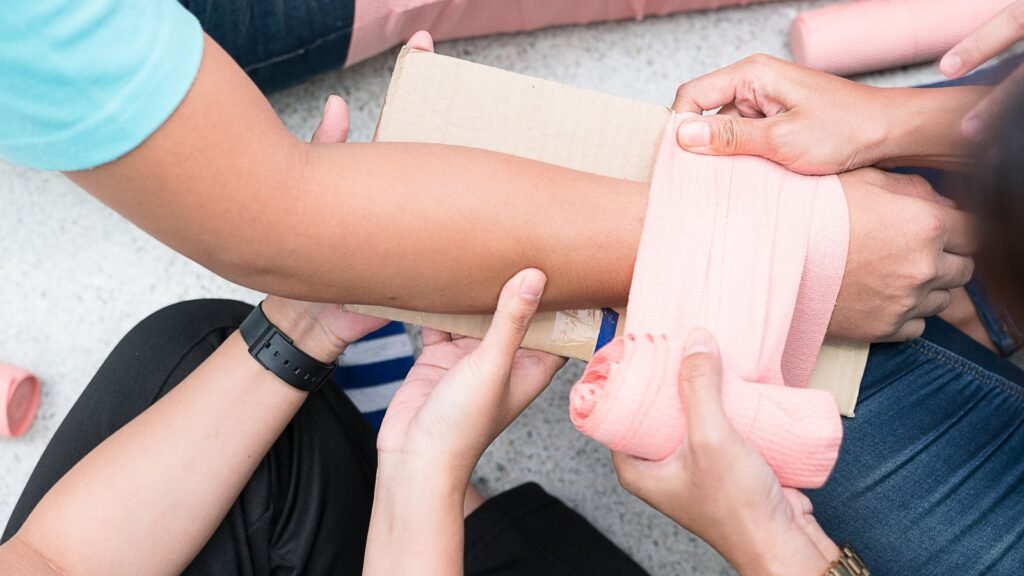
Medical emergencies can happen anytime. Take a first aid class and assemble a well-stocked kit with essentials like bandages, antiseptics, and pain relievers. Being prepared to handle injuries can save lives and ease stress in tough situations.
Have A Plan For Power Outages
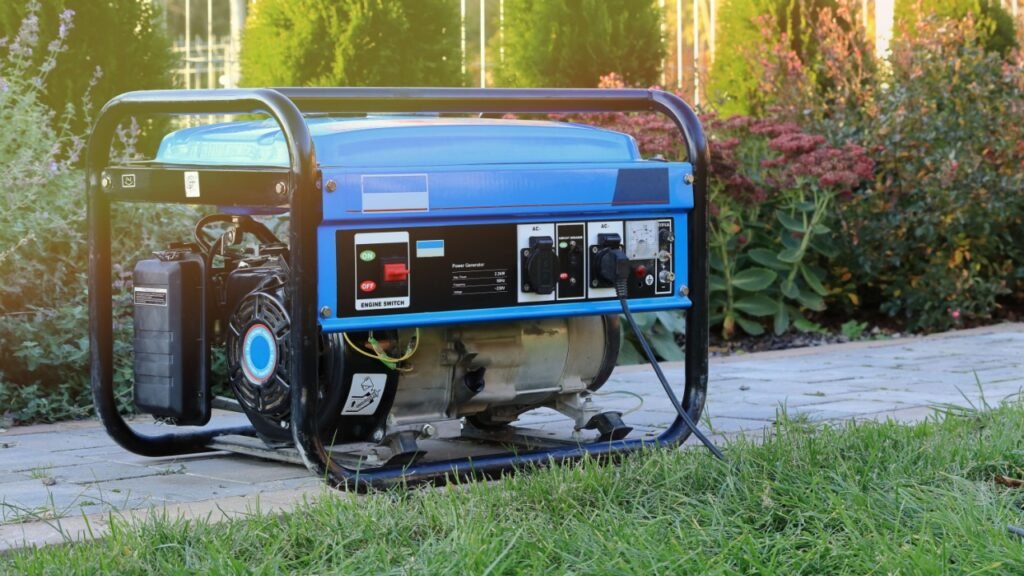
A long-term blackout can disrupt everything. Invest in solar chargers, battery banks, or even a small generator. Stock up on flashlights, candles, and batteries. Knowing you can manage without electricity offers peace of mind.
Build A Community Network
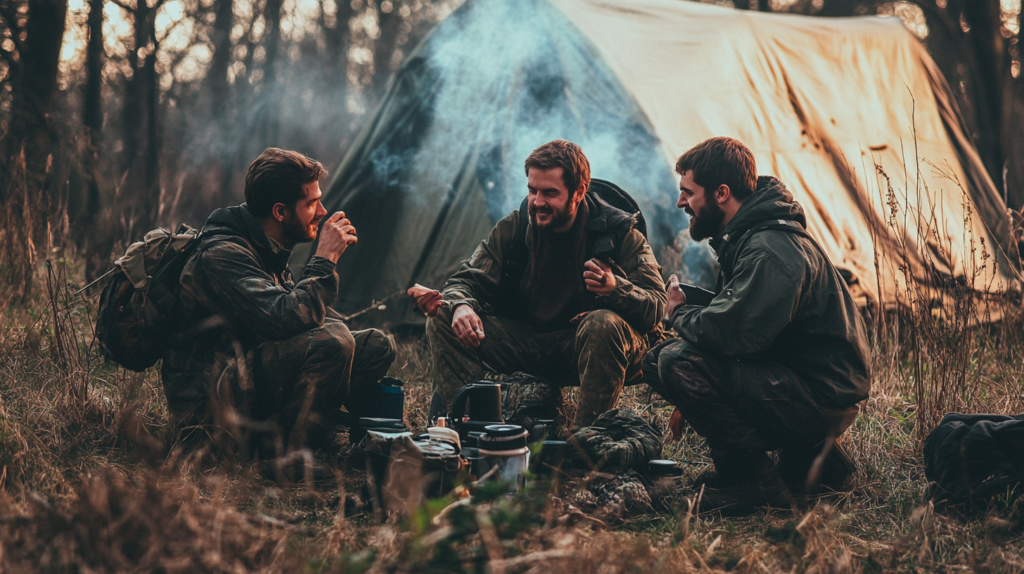
Prepping doesn’t have to be a solo effort. Build relationships with neighbors and like-minded individuals. Sharing knowledge, skills, and resources strengthens your resilience and creates a support system during emergencies.
Practice Gardening And Food Preservation
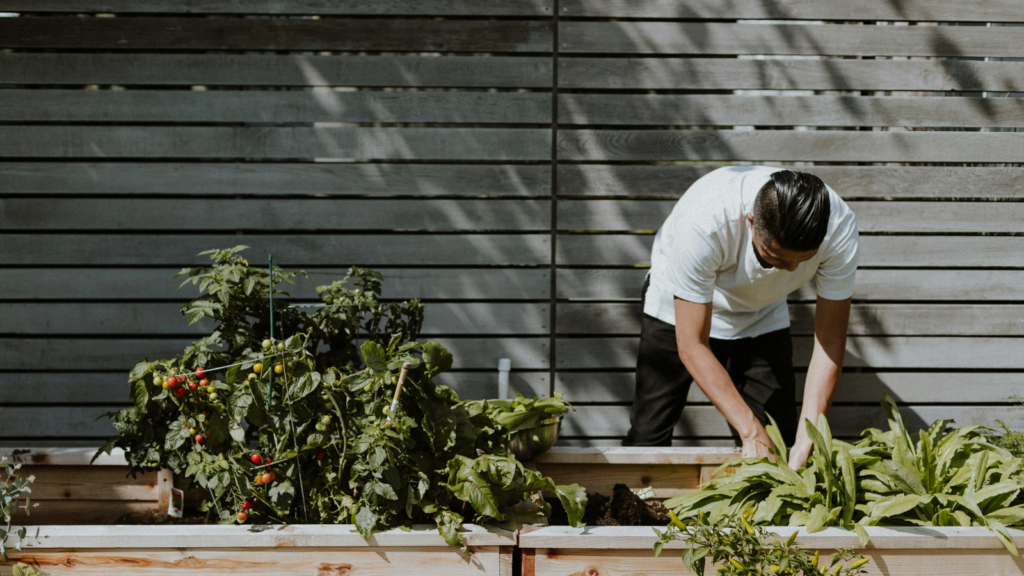
Growing your own food adds sustainability to your prepping strategy. Learn to garden, even if it’s just a small container setup, and preserve the harvest through canning, dehydrating, or freezing. These skills help you become more self-sufficient.
Keep A Bug-Out Bag Ready

Your bug-out bag should contain essential items like water, food, first aid supplies, and clothing. Regularly check and update it based on seasonal needs. If you ever need to evacuate quickly, you’ll be prepared.
Prepare For Financial Emergencies
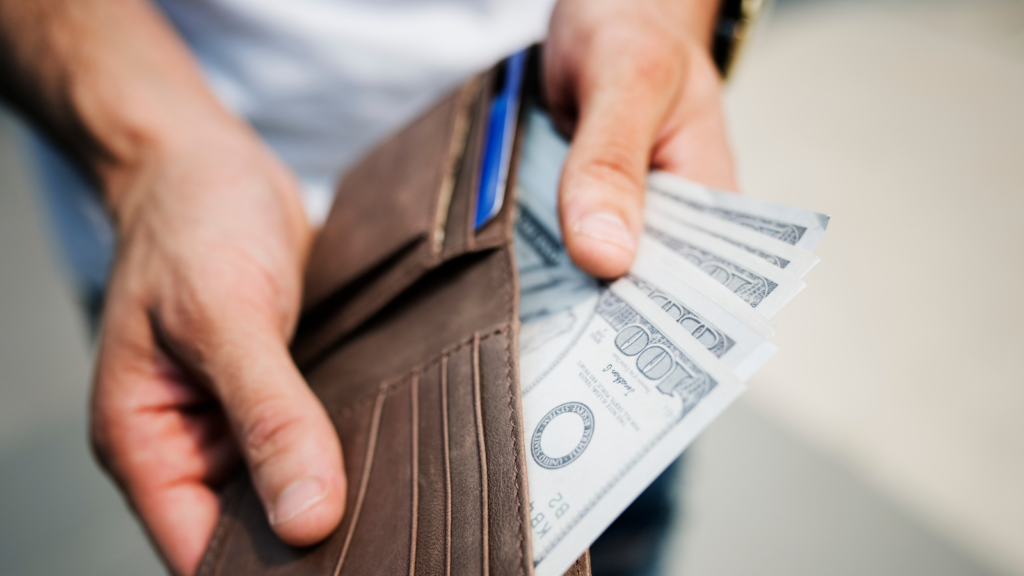
Long-term prepping isn’t just about physical supplies. Build an emergency fund and keep some cash on hand in small denominations. In a crisis, ATMs and card systems may not work. Financial readiness is just as important as storing goods.
Develop Self-Defense Skills

Safety is key during uncertain times. Take a self-defense class and consider legal tools for personal protection. Awareness and preparation can help you stay calm and confident in dangerous situations.
Invest In Durable, Multi-Use Tools
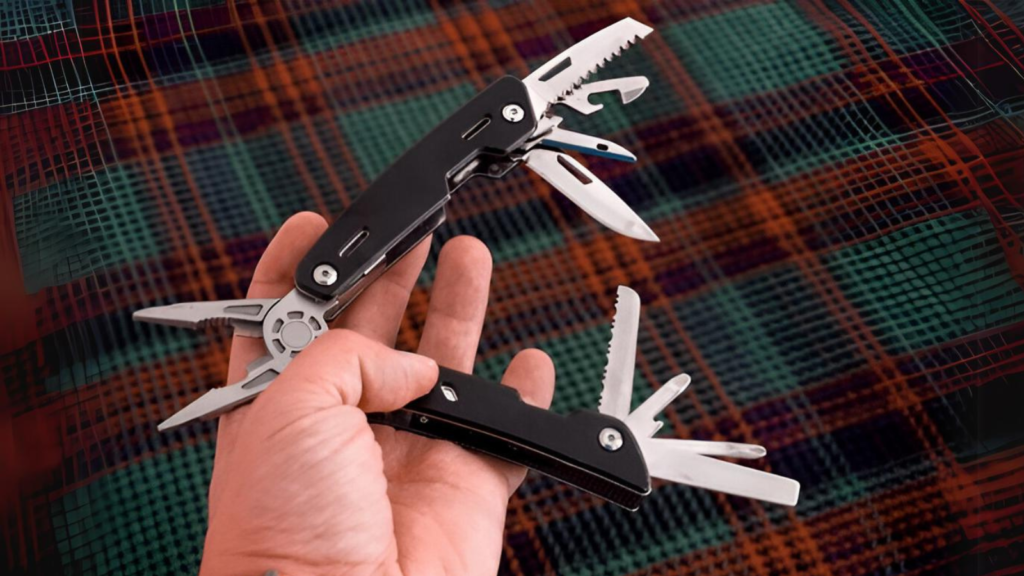
Choose tools and gear that serve multiple purposes, like a Swiss Army knife or a sturdy multi-tool. Durable items reduce waste and save money over time, ensuring you’re always prepared for repairs or unexpected tasks.
Prioritize Hygiene and Sanitation
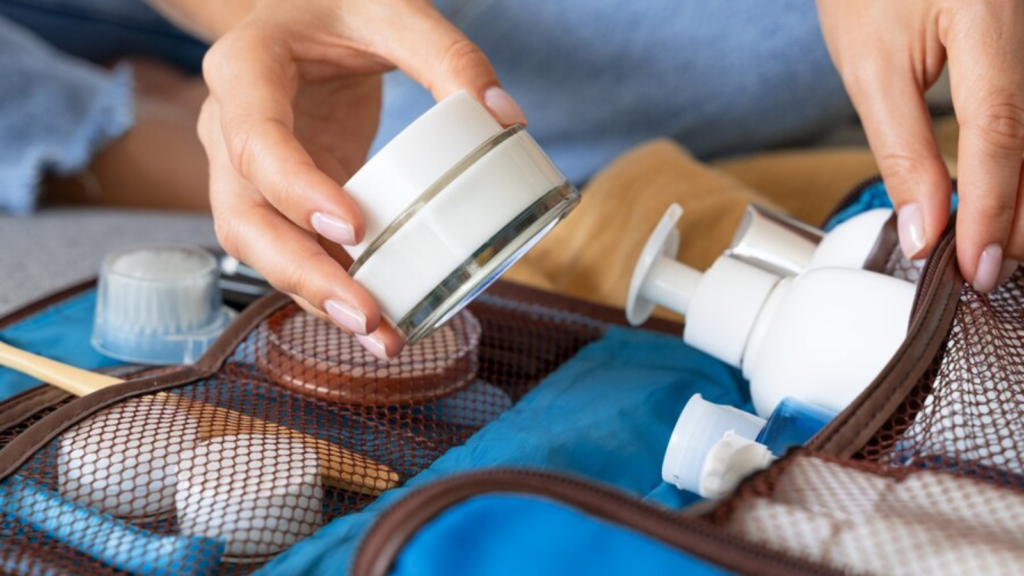
Health can decline quickly without proper hygiene. Stock up on soap, toothpaste, toilet paper, and feminine hygiene products. Include portable sanitation solutions like a bucket toilet or disposable waste bags for emergencies.
Don’t Forget Mental Health

Stress and uncertainty take a toll over time. Include entertainment like books, puzzles, or board games in your prepping plans. Meditation or mindfulness exercises can also help you stay grounded during tough times.
Practice Cooking Without Power

Try cooking over a campfire, on a propane stove, or using solar cookers. Practice these skills before you need them so you’ll feel confident when the time comes. Simple meals can still be satisfying and nourishing.
Stock Up On Spare Clothing

In long-term emergencies, your wardrobe needs to be functional and durable. Store extra socks, underwear, and weather-appropriate layers. Clean, dry clothes help maintain morale and prevent illness.
Learn To Barter And Trade

Money may lose value during a crisis, so build a stock of tradeable goods like alcohol, coffee, or extra tools. Bartering builds relationships and can help you acquire items you didn’t anticipate needing.
Secure Your Home Against Intruders
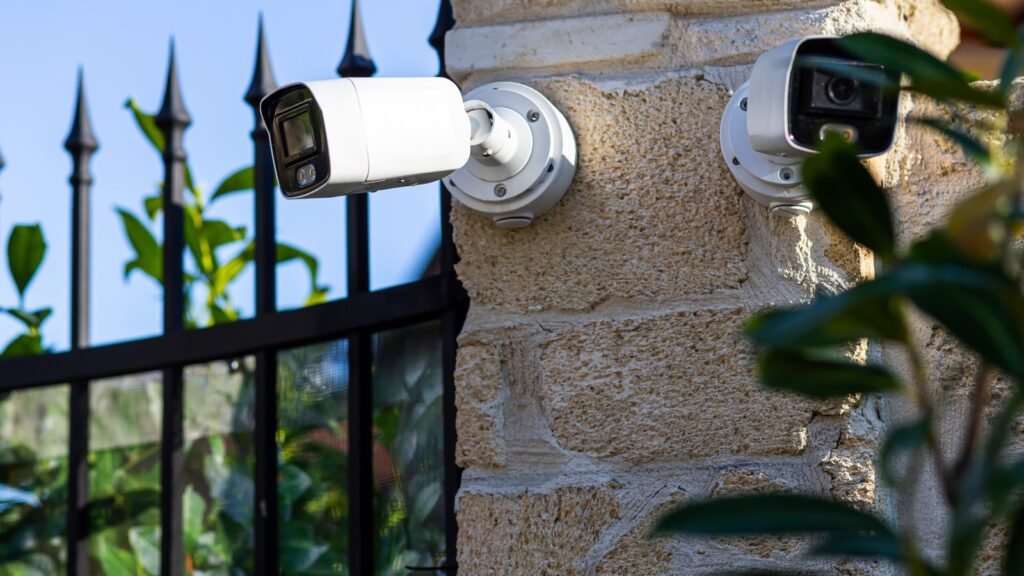
Reinforce doors and windows, install motion-activated lights, and consider security cameras. A secure home deters theft and provides a sense of safety for you and your family.
Plan For Long-Term Health Needs

If anyone in your household takes medication, talk to your doctor about securing an extended supply. Stock vitamins, over-the-counter remedies, and items like eyeglasses or hearing aids to maintain health over time.
Build Redundancy Into Your Plans

Don’t put all your eggs in one basket. Have backups for essential items like water filters, flashlights, and cooking equipment. Redundancy ensures you’re covered if something breaks or goes missing.
Keep Your Skills Sharp
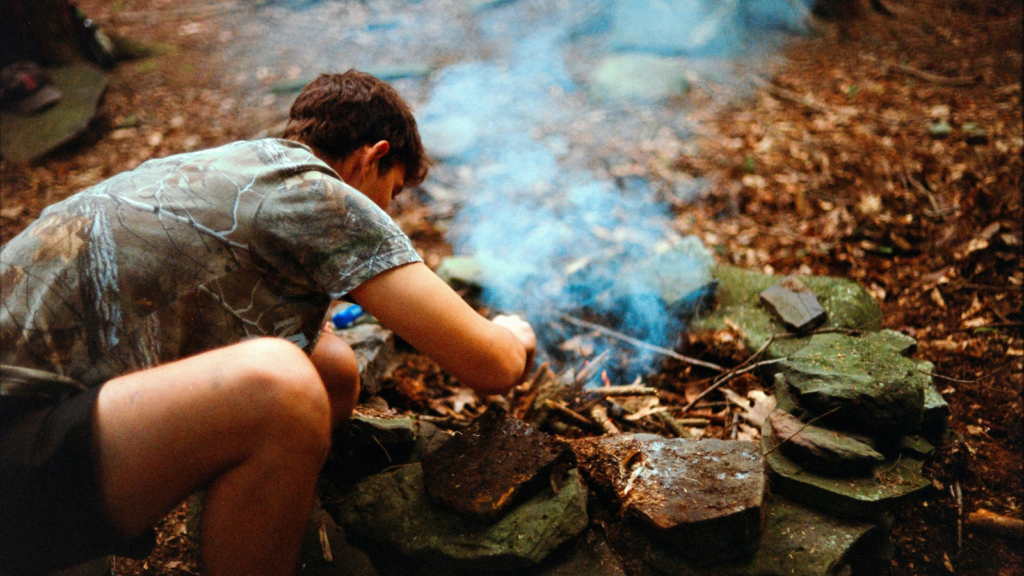
Skills are just as important as supplies. Regularly practice things like fire-starting, map reading, and sewing. These abilities can make all the difference when resources are limited.
Stay Informed About Risks
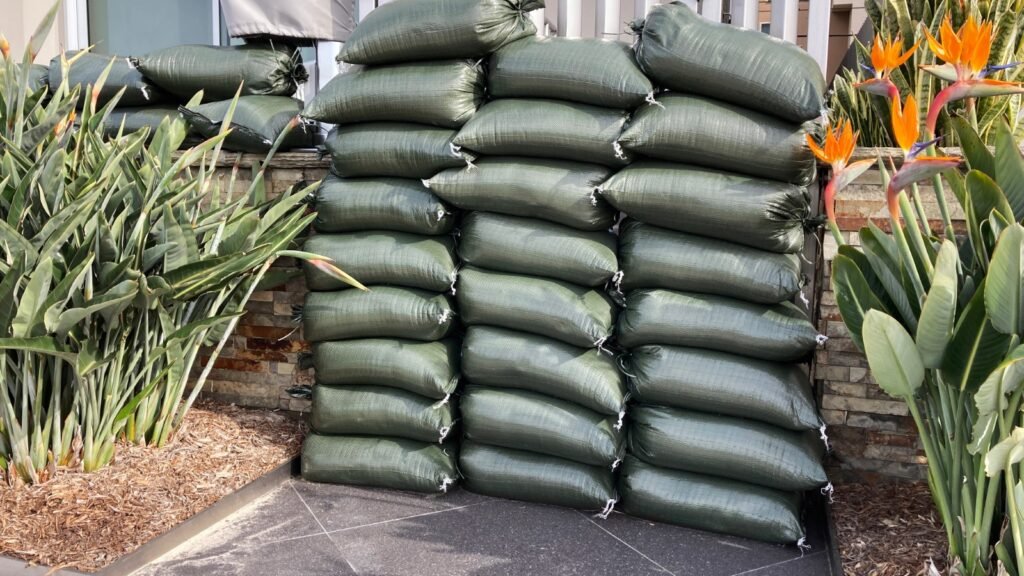
Research the risks in your area, such as natural disasters or infrastructure vulnerabilities. Staying informed helps you tailor your preparations and anticipate challenges.
Focus On Flexibility And Adaptability

No plan is perfect. Stay open to learning and adjusting as situations change. Adaptability is your greatest asset for long-term success, ensuring you can handle anything that comes your way.
25 Legendary Hunting Rifles from the Last Half Century

When it comes to picking the “best” hunting rifle, it’s all about what you’re chasing, the features you prefer, and how much you’re willing to spend. Every hunter has their own go-to. But let’s face it—some rifles just stand out. Over the last 50 years, a few have become legends in their own right. I’ve rounded up a selection that spans everything from trusty deer rifles to heavy-hitting big game beasts. Do you see your favorite on the list? Or did I miss one you swear by?
Read More: 25 Legendary Hunting Rifles from the Last Half Century
34 Best Shotguns of All Time
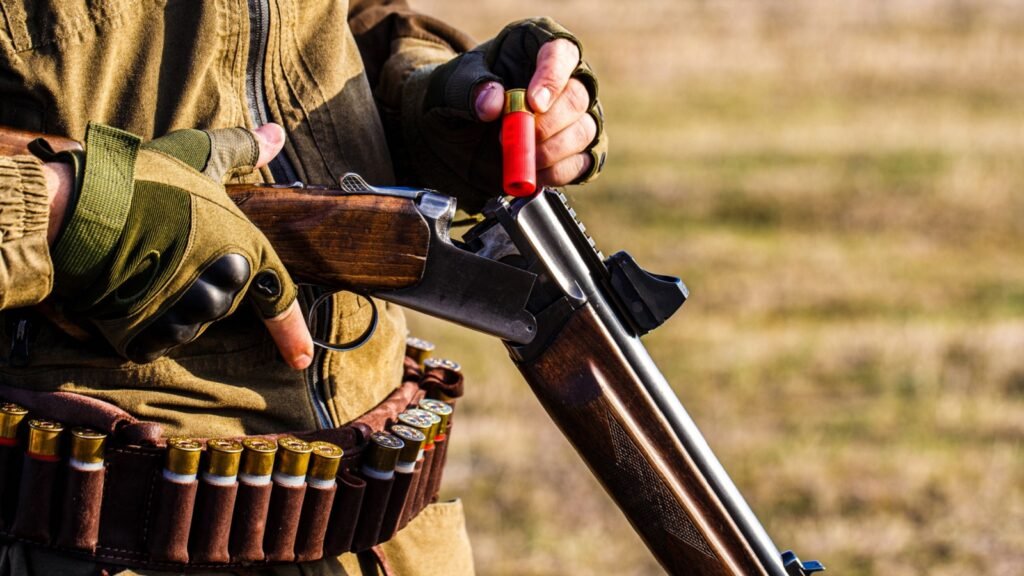
When it comes to shotguns, few other firearms hold such a range of purpose, heritage, and outright dependability. From the grit of the duck blind to the intensity of a skeet range, shotguns have long been the tool of choice for hunters, competitors, law enforcement, and home defenders alike. Some shotguns on this list helped define their category; others redefined it.
Read More: 34 Best Shotguns of All Time
24 Best Rifles Under $1200 for Preppers, Hunters, and Homesteaders

When it comes to preparedness, a reliable rifle is worth its weight in gold. Thankfully, you don’t need to empty your wallet to get a solid firearm that’ll stand up to the elements and perform when you need it most. Mid-priced rifles offer the perfect balance of affordability and quality, giving you confidence whether you’re out hunting, practicing at the range, or prepping for emergencies. After running thousands of rounds through a variety of rifles over the years, here’s my list of top picks that hit the mark for both value and reliability. These rifles each offer serious bang for your buck, whether you’re looking for your first gun or adding to a growing collection.
Read More: 24 Best Rifles Under $1200 for Preppers, Hunters, and Homesteaders

